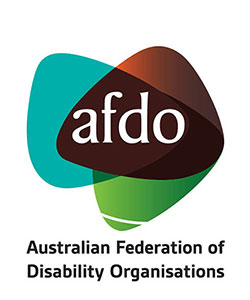Employment
People with Down syndrome want to work for the same reasons as everyone else – so that they can be independent, contribute to society, earn their own money, learn new skills, meet new people, and feel valued. Down Syndrome Australia has developed the following resources to help people with Down syndrome and their families understand employment opportunities.
We have also developed resources for employers, providing information about adjustments that can be made to support people with Down syndrome in paid employment.
YouTube Video
The resources developed by DSA include:
For people with Down syndrome and families
Information sheet – for families of people with Down syndrome about Employment
A Guide for Employees (Plain English)
A Guide for Employees (Easy Read)
For employers
A Practical Guide for Employers – coming soon!
Schedule – Daily schedule example and template
PowerPoint – Employment and Down syndrome
For everyone
Fact sheet – People with Down syndrome and employment FAQ’s
Video – Employment and Down syndrome
Case study – Social enterprise
Case study – Peter’s story – coming soon!
Other helpful resources
The value that employees with Down syndrome can add to organisations – McKinsey & Company
Source: Down Syndrome Australia




